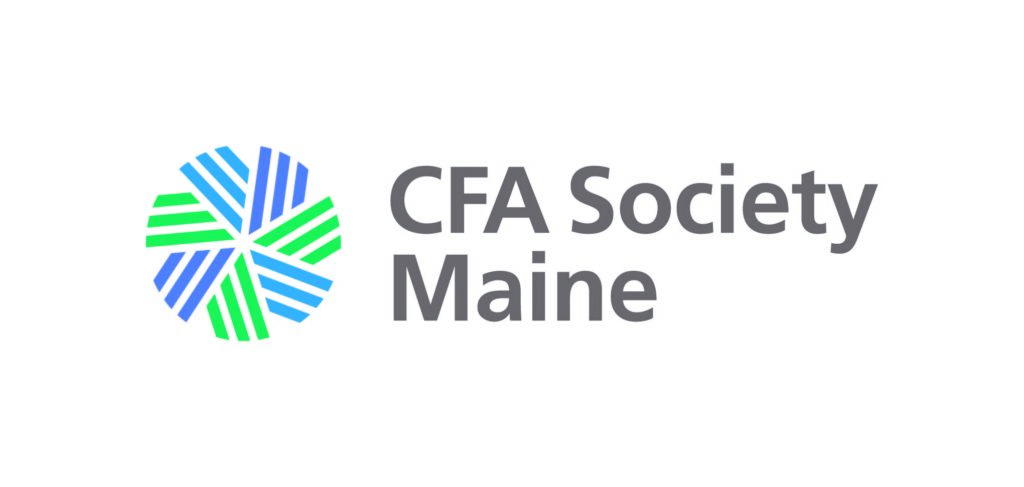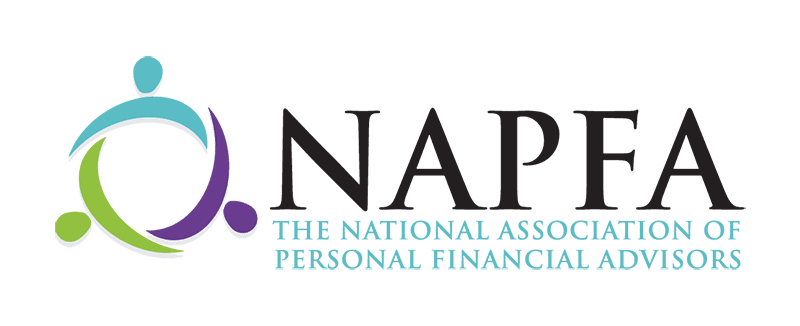What’s in a designation?

Over the last few weeks, PFA has been able to celebrate a couple of great strides in professional development. Pardon me while I boast unapologetically.
Sam Chaplin, our portfolio administrator successfully passed the Level I exam of the Chartered Financial Analyst designation. Actually, ‘successfully passed’ is a bit of an understatement: In a year where the first level had a 41% pass rate, Sam turned in an overall performance in the top decile of test-takers. On to the Level II exam, Sam![1]
Never one to be outdone, Abrin Berkemeyer, PFA’s newest Lead Advisor, passed the CERTIFIED FINANCIAL PLANNER™ credentialing exam. Coupled with the other requirements he has completed (5 prior subject-level exams, a four-year college degree, a two year apprenticeship and thorough background check), Abrin is now a CFP® Certificant. I’m only being slightly hyperbolic when I say that the CFP board has ripped up the current answer key and will just use Abrin’s exam in the future to assess applicants!
Beyond just wanting to boast, it’s not a bad time to talk about financial industry designations. But first, here’s a quick quiz question:
Mary Smith wants to provide financial planning services to the public. She plans to charge her clients a fee for her services, which will include cash management and budgeting, advice on risk management including insurance, tax strategies and basic estate planning. She would like to advertise online as Mary Smith, Financial Planner, and hang a “Financial Planner” shingle in front of her office.
To do this, Mary needs to achieve the following licensure / designations:
-
- CERTIFIED FINANCIAL PLANNER™ designation
- FINRA Series 7 General Securities Exam
- Insurance License
- CPA designation
- Law Degree
- All of the above
- None of the above
If you guessed #7,’ None of the above’, you are CORRECT! Providing many of the services we provide to our clients requires no licensure or certification. Once you charge for management or advice around securities, that’s when FINRA (for brokers) or the Securities Exchange Commission (for advisors) come into the mix and require licensure. In order to sell insurance, state insurance licensure is required.
This is a really significant issue within the financial industry, though. Considering the fact that we can pretty easily determine the qualification of our medical community when they give us advice (and charge us for it). M.D., D.O., R.N., L.P.N., P.A. – these are all readily identifiable indications that an individual has put in a significant amount of time and received formal education and training. These can also be taken away, should a practitioner fall short of ongoing educational expectations, or exhibit an ethical lapse. Perhaps the one area in financial services where there is at least a standard designation is in accounting (Certified Public Accountant), but most people don’t understand exactly what a CPA can do that an Enrolled Agent (EA) can’t, for example.
Beyond there being no requirement to have any formal training, the financial services industry ‘suffers’ (my opinion) from an alphabet soup of too many designations! The Financial Industry Regulatory Authority (FINRA) lists over 160 designations on its website. Having been in the industry for a while, and being a glutton for punishment, I’ve gone through a number of these designations over the years. Some I use as part of my routine identity, and others I’ve never bothered to tack onto my letterhead. The process of obtaining them range from one that took four years of intensive study and examinations to one where I glanced at some materials, took an hour-long exam and paid my designation fee.
Should you base your selection of financial advisor on the letters that come after their name? Obviously not. There are some extremely dedicated, very smart people working in this field who do a great service to their clients and who have simply never felt the need or desire to get a designation in their field. On the other hand, there are some who tack on a designation but don’t take nearly seriously enough the charge that they stay on top of the technical and ethical elements of the business.
Still, we at PFA think that the right kind of designation carries some very important benefits, and we want to make sure our advisors aren’t missing out on these. A good credential, to our way of thinking:
- Is challenging to obtain and requires demonstration of a substantial amount of specialized knowledge, acquired over a meaningful period of time
- Carries with it a meaningful ethics standard, which is reviewed and actively enforced
- Subjects the holder to ongoing, substantial and relevant continuing education requirements
- Requires time as a practitioner
- Is associated with an institution that provides ongoing abilities to share information and to collaborate on casework and best practices.
The one designation we require of all our lead advisors is the CERTIFIED FINANCIAL PLANNER™ designation. The breadth of knowledge covered in the CFP® curriculum is unique and, in our opinion, unrivaled in the industry. Covering cash and debt management, risk management, tax planning, retirement planning, investment planning and estate planning, people who achieve the CFP® designation have demonstrated proficiency in all of the wide-ranging areas where we advisors work with our clients. The CFP Board has robust Continuing Education requirements and some of the most strictly enforced ethical standards I’ve seen. In a world where there is always a question as to whether your financial professional owes you a ‘fiduciary’ duty, ALL CFP® designees are held to the fiduciary standard of care in all client work.
Will we, at some point get to the same level of standardization that the medical profession has? I hope so. It’s not a guarantee of quality (there are some lousy M.Ds out there!) but more widespread adoption of easily recognized credentials will only make the industry better, from a client standpoint. We have a way to go, though. As of now, only 20 percent of financial planners are CERTIFIED FINANCIAL PLANNER™ designees.
We’re proud of Sam and Abrin’s accomplishments – if you see them on the street or in our offices, feel free to pass along your congratulations. They’ve worked immensely hard to achieve them!
[1] The CFA exams are administered in early June each year, and CFA candidates are notoriously absent from Memorial Day picnics. Actually, the first half of the year is generally lost to most CFA candidates as over 300 hours of study is routinely put in each year by passing candidates.


